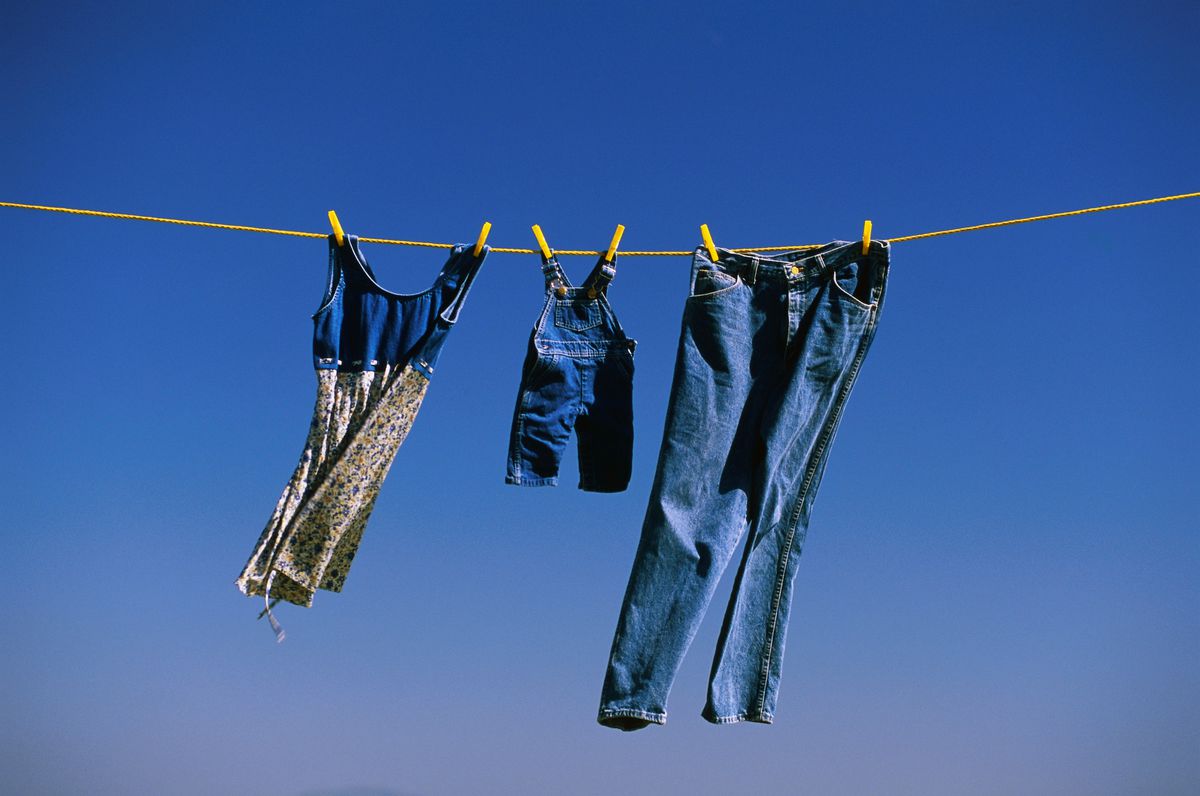A couple of weeks ago a mother wrote to me worried about what she had experienced in a pediatric consultation. The mother had come with her 12-month-old son to see his pediatrician and came out quite alert by what they had told her. Faced with the mother's explanation of the reason for bringing him to the consultation, the pediatrician gave her a talk of about 20 minutes in which he told her, among other things, that her baby was manipulating her and taking advantage of her good intentions. The pediatrician proposed, as a solution to end this situation, that they be firm and serious with their one-year-old son and not let him manipulate them. These types of messages are frequently heard not only from professionals such as psychologists, pediatricians or doctors,rather, they are transmitted from generation to generation as if it were a mantra. In the parks, in the consultations of professionals and in the best families, comments directed to the parents of the baby can be heard where it is suggested and, in some cases, ordered not to hold the newborn.
More information
How do punishments affect children's brains?
Five Keys to Building Confidence in Children
What is the reason for these family and social mandates?
They are based on the popular belief that neonates and babies have the ability to manipulate and control us with their actions.
Babies are given the ability to consciously and deliberately hatch a plan.
Of course, this idea that is transmitted from generation to generation has no scientific support.
Next I will try to explain in a brief and simple way why neonates and babies do not have this manipulative capacity that we have attributed to them for decades.
The newborn comes into this world before his time. He is born being very immature and fragile, which is why he needs at least one caregiver to take care of his needs. Without a sensitive person who connects with their needs we cannot survive. Babies' needs are very basic. We can say that, in the first moments of life, the main caregivers must attend to their physiological and affective needs. Aspects such as diet, hydration, a suitable temperature and good health would be the physiological needs that we must attend to. On the other hand, calming their fear, understanding their moments of anger and fostering their curiosity will be some of the main affective or emotional needs that we should pay attention to.Both types of needs (physiological and affective) are encoded, mainly, in the base of our brain, and are structures that have already matured before birth.
The main function of what we can call the "brain basement" is survival. There is nothing more important for a newborn than survival. All you care about is being able to feed yourself when you're hungry, be calm when you're scared, and have your primary caregivers there when you need them. Therefore, it is an area of the brain that is activated in the present moment (here and now), it does not understand the past or the future. As you can well imagine, the newborn does all this automatically, involuntarily and unconsciously. If the newborn cannot anticipate what is to come in the future,Why do we think they manipulate us? Do we believe them capable of thinking of someone other than themselves? How many times have we been told or heard "don't hold him, you're going to make him dependent and stupid"? And these other phrases? "If you catch him when he cries you will be lost", "meeting the demand of the baby will make him get used to it", "he has to learn to calm himself down and be alone", and so on. The truth is that babies are only interested in the present moment and themselves. They neither think about the future, nor the past nor, much less, about their parents. But they need their main caregivers to meet their needs because they cannot and do not know how to self-satisfy them."He has to learn to calm himself and be alone", and so on. The truth is that babies are only interested in the present moment and themselves. They neither think about the future, nor the past nor, much less, about their parents. But they need their main caregivers to meet their needs because they cannot and do not know how to self-satisfy them."He has to learn to calm himself and be alone", and so on. The truth is that babies are only interested in the present moment and themselves. They neither think about the future, nor the past nor, much less, about their parents. But they need their main caregivers to meet their needs because they cannot and do not know how to self-satisfy them.
If the explanation of the brain area that is mainly active in babies is not enough, neuroscience has also shown that the ability to manipulate, lie and place ourselves in the position of others to interpret what they know or think is not acquired in a way significant up to four years of age. The ability to understand the mental states of others is what is known as the
theory of mind
. This cognitive ability, which as we have seen is acquired several years after being born, is what allows us to anticipate the behaviors of others, something fundamental for our social intelligence and our ability to adapt.
In conclusion, no matter how much they insist from different places, neonates and babies do not have the ability to control and manipulate us at will. The only thing they do, which is already a lot, is to express their physiological and emotional needs, mainly through crying and through their facial expression. Therefore, in the face of a problem, a difficulty or the simple manifestation of a need, what our babies and children need is that we attend to their needs. Far from the extended recommendation of "strong hand" that some indicate to solve these difficulties, what children need is tenderness, affection and love. All of this can be summed up in the unconditional gaze towards our children. Yes mothers, fathers,As teachers and professionals we continue to train ourselves to know how the brain works and the real needs of children and adolescents, it will be more likely that we will end some myths like the one we have tried to dismantle.
So if you are surrounded by babies and children do not have any problem in holding them, caressing them, calming them and giving them what they need, always in the right measure, because as Francesc Sainz says “
if the child feels special in the first moments development, you will not need to be special to the rest of the world for the rest of your life
. "
* Rafa Guerrero
is a psychologist and a doctor of Education.
Director of Darwin Psychologists.
Author of the books "Emotional education and attachment" (2018), "Stories for emotional development from attachment theory" (2019), "How to stimulate the child's brain" (2020), "Educate in the bond" (2020 ), "Bonding and autonomy through stories" (2021) and "The 4 brains of Arantxa" (2021).
You can follow De mamas & de papas on
,
or sign up here to receive
our weekly newsletter
.










/cloudfront-eu-central-1.images.arcpublishing.com/prisa/2C5HI6YHNFHDLJSBNWHOIAS2AE.jpeg)



